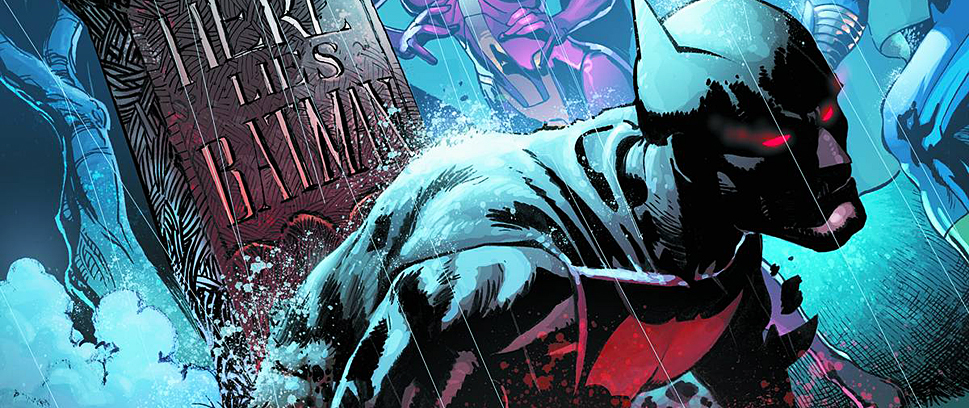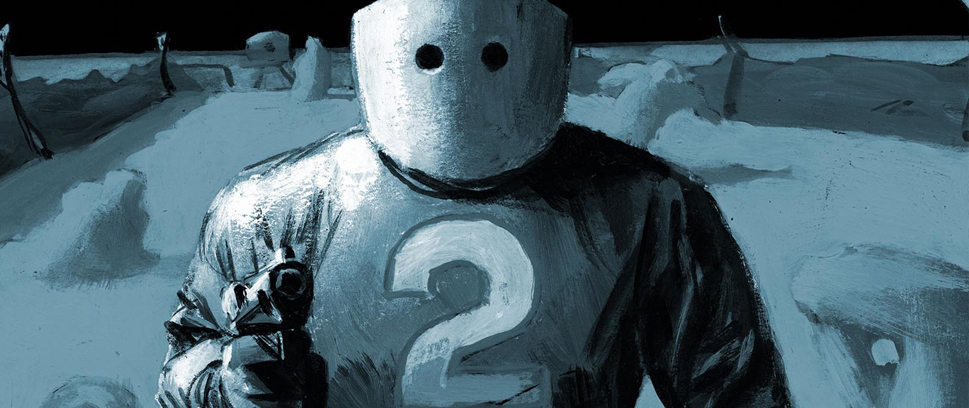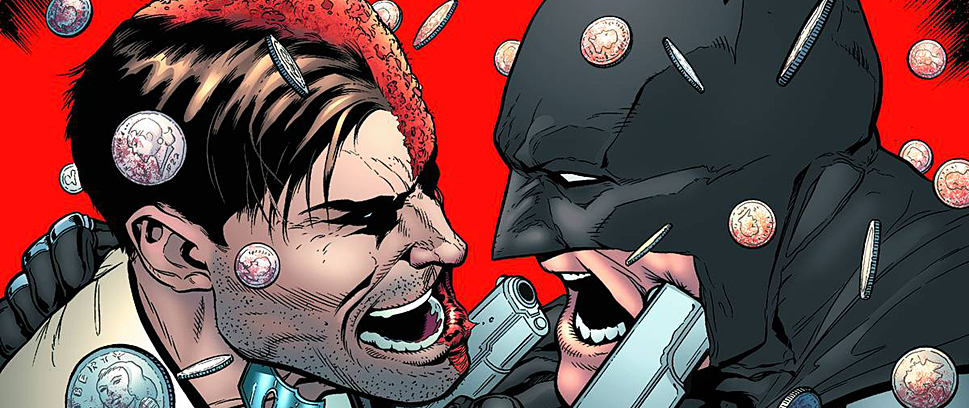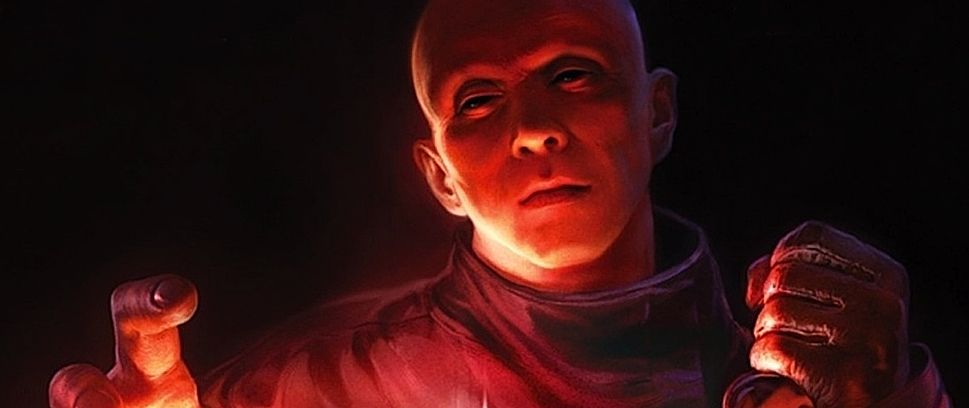
On Flappy Bird, Games Culture and the Problem with ‘Innovation’
This is how Flappy Bird‘s time in the public eye should’ve occurred: it should’ve been just another lo-fi, challenging mobile game with an immediate and obsessive, albeit niche, following. People would download it, having seen other iOS players mention it on Twitter. Personal high scores would be tweeted back and forth in unofficial challenges. Game Center Leaderboards would be refreshed as everyone tries to beat out their friends. A few people would tweet, just once, how they don’t ‘get it’ and how they are slightly baffled by its success. Just once. Then they would move on and talk about something








